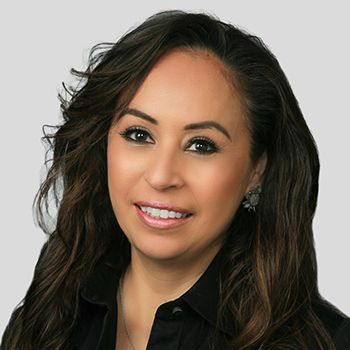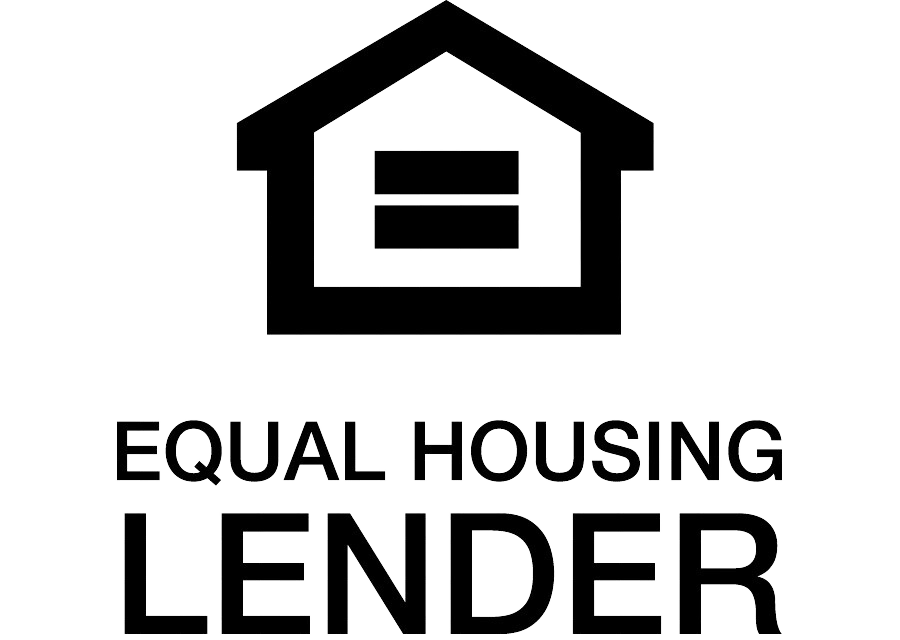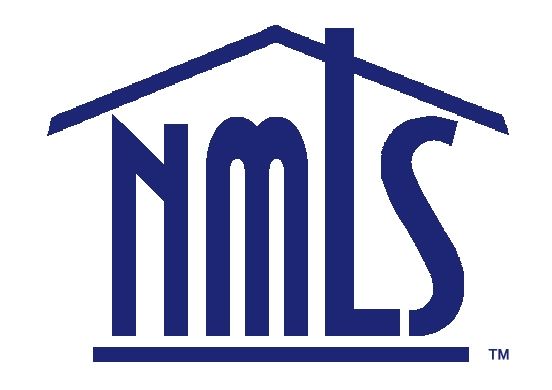Supporting Your Parents in Retirement—Without the Financial Strain

"I would highly recommend Catalina Gonzalez. She made the whole process a pleasant experience. I will definitely use her in the future. " ~ Cindy
As adult children, we naturally want our parents to feel secure and comfortable as they age. But with rising healthcare costs and the ever-increasing cost of living, it’s not uncommon for seniors to face financial challenges in retirement. If your parents have brought up the idea of a reverse mortgage, you might be feeling unsure or have questions. That’s completely normal.
While a reverse mortgage is a significant financial decision, it can also be a valuable option that provides your parents with greater peace of mind—and helps them enjoy retirement on their own terms.
Let’s take a closer look at how it works and clear up some common concerns so you can make an informed decision together.
When You Want to Help—But Your Own Budget Is Stretched
Watching your parents worry about finances can be tough—especially when unexpected medical bills, home maintenance, or daily costs start to pile up. You may want to help, but between raising a family, managing your own expenses, or saving for the future, offering financial support isn’t always possible.
That’s where a reverse mortgage may offer a solution.
A reverse mortgage allows your parents to convert the equity they’ve built in their home into tax-free cash—without selling the property or taking on new debt. They can use those funds for whatever they need: home repairs, medical care, everyday expenses, or simply to enjoy life a bit more—without needing to rely on family for help.
A Real-World Example
Let’s say your parents still owe $200,000 on a home valued at $500,000. A reverse mortgage could pay off that existing loan, wiping out their monthly mortgage payment. If they were paying $1,500 per month, that’s $18,000 a year back in their pocket—money that can now be used elsewhere, easing both their burden and your own concerns.
With flexible disbursement options—like monthly payments, a line of credit, or a lump sum—your parents can choose the setup that works best for their needs and lifestyle.
If You’re Hesitant About a Reverse Mortgage, You’re Not Alone
It’s common to have questions or even reservations about a financial product you’re unfamiliar with—especially when it involves your parents’ home. Many adult children worry about how a reverse mortgage might affect the family home or inheritance. Let’s look at some facts that may offer peace of mind.
It’s a Loan—Not a Sale
A reverse mortgage is simply a loan secured by the home. The key difference is that instead of making monthly payments to the lender, your parents receive payments from the lender. The loan is typically repaid when the home is sold, your parents permanently move out, or they pass away.
Heirs Are Not Left with Debt
Reverse mortgages are non-recourse loans. That means the loan will never exceed the home’s value at the time of sale. If the home sells for less than what’s owed, the FHA insurance covers the difference—not your family.
When the loan becomes due, you or your parents’ estate have options:
- Sell the home and keep any remaining equity
- Refinance the loan to keep the property
- Walk away if the loan exceeds the home’s value—no additional money is owed
Your Parents Remain the Homeowners
A common myth is that the bank takes ownership of the home. That’s not true. Your parents remain the legal owners as long as they live in the home and continue to pay property taxes, homeowners insurance, and keep the home in good condition.
There May Still Be Equity to Inherit
Depending on how the loan is structured and how home values change over time, there could still be equity left in the home after the loan is repaid. And if your parents choose a growing line of credit, they may even preserve or increase available equity while maintaining access to funds.
Helping Your Parents Make a Confident, Informed Choice
Being involved in your parents’ financial decisions is an important way to support them—but it can also bring emotional and financial concerns. A reverse mortgage isn’t for everyone, but for many seniors, it’s a powerful tool to gain financial freedom while staying in the home they love.
If your parents have significant home equity and want to remain independent without monthly mortgage payments, a reverse mortgage could offer real relief. Just imagine the possibilities:
- Pay off their existing mortgage
- Cover medical or long-term care costs
- Make home improvements to support aging in place
- Move closer to family or to a more manageable home
- Build a financial buffer for future needs
- Check off a bucket-list goal—like travel or a new hobby
It’s a Family Conversation
Deciding on a reverse mortgage is something best done together. If you’re feeling uncertain, that’s perfectly okay. Every borrower is required to go through a session with an independent, HUD-approved counselor to ensure they fully understand the loan, the process, and the long-term impact.
Your parents have spent a lifetime building equity in their home. A reverse mortgage can give them the opportunity to enjoy that investment—on their own terms—while helping relieve the financial pressure on you and your family.
This isn’t about sacrificing the family home. It’s about creating financial security and freedom in retirement—for them and for you.
Have questions? I'm here to help.
Let’s explore whether a reverse mortgage is a good fit for your parents and your family. Together, we’ll walk through the numbers, address your concerns, and help you make a confident decision about the future.



